Optimal Seasons for Foundation Repairs
Foundation repairs are most effectively performed during specific periods when environmental conditions support stable and successful work. Timing can influence the durability and longevity of repairs, making it essential to choose optimal seasons.
Spring offers moderate temperatures and increased moisture, which can facilitate certain repair processes. However, excessive rain may delay work or impact soil conditions.
Summer typically provides dry weather and stable temperatures, ideal for many foundation repair activities. High heat can sometimes cause soil to expand, affecting repair outcomes.
Fall presents cooler temperatures and less rainfall, making it suitable for foundation work. Soil moisture levels tend to be optimal for excavation and stabilization.
Winter is generally less favorable due to freezing temperatures and potential snow or ice. These conditions can hinder excavation and curing processes.
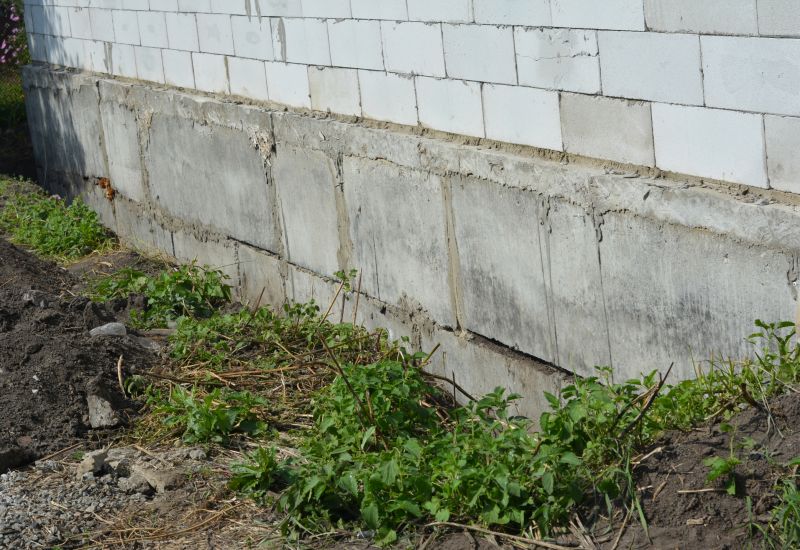
Springtime soil conditions can be beneficial, but weather variability requires planning.
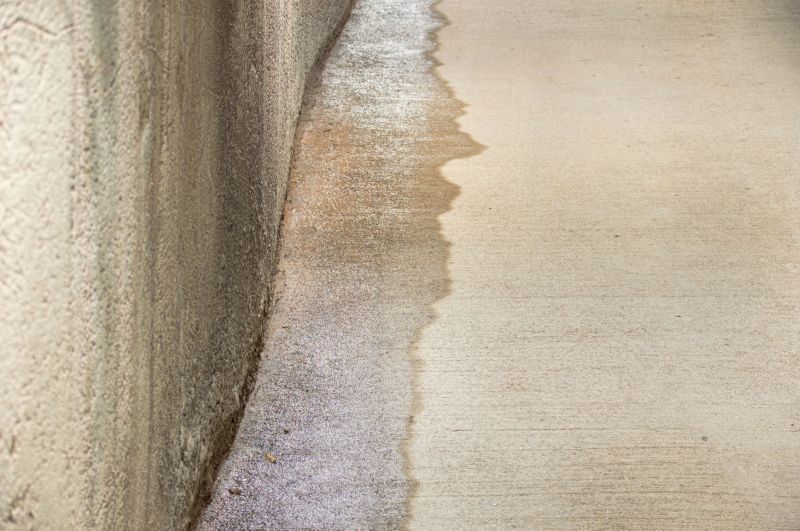
Dry weather and warm temperatures support many repair activities.
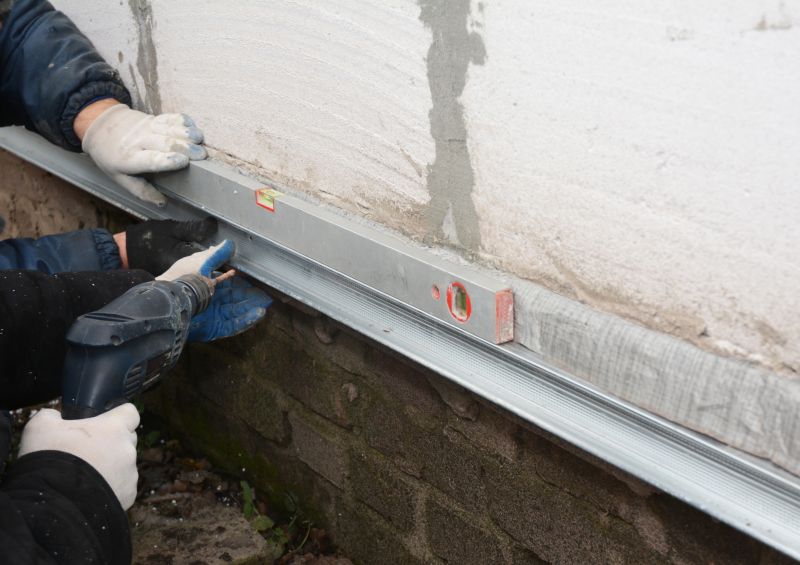
Optimal moisture levels and cooler temperatures make fall a good choice.
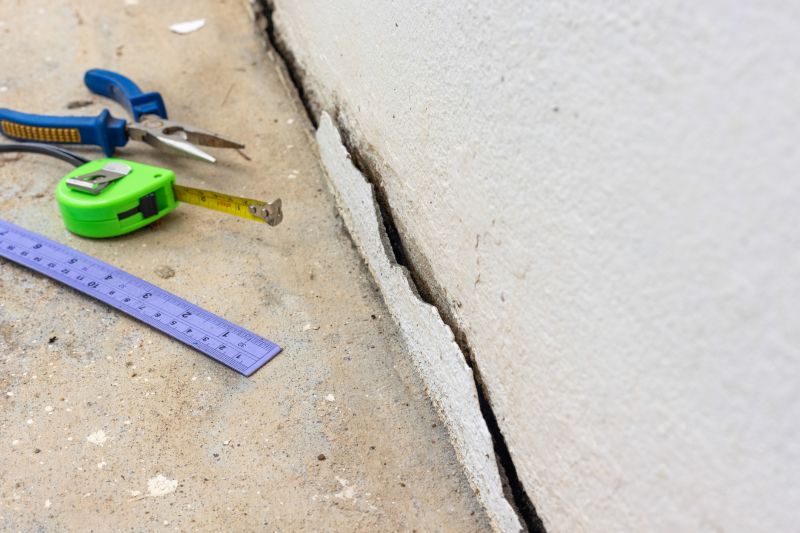
Ways to make Foundation Repairs work in tight or awkward layouts.
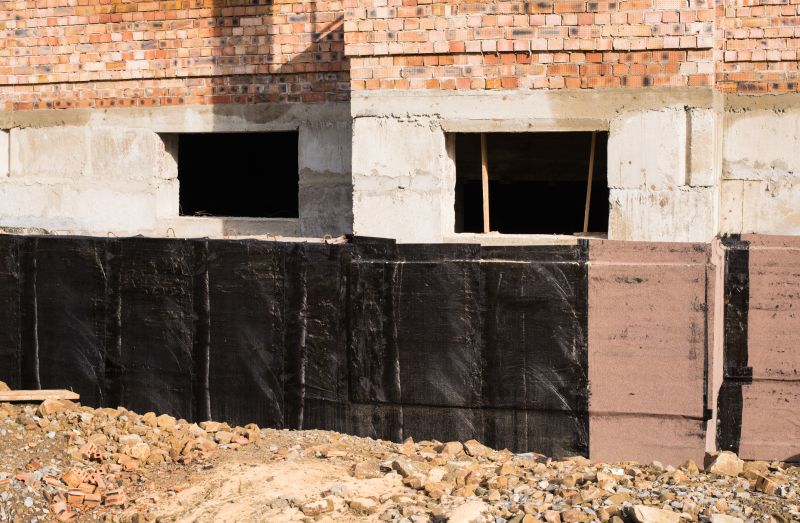
Popular materials for Foundation Repairs and why they hold up over time.
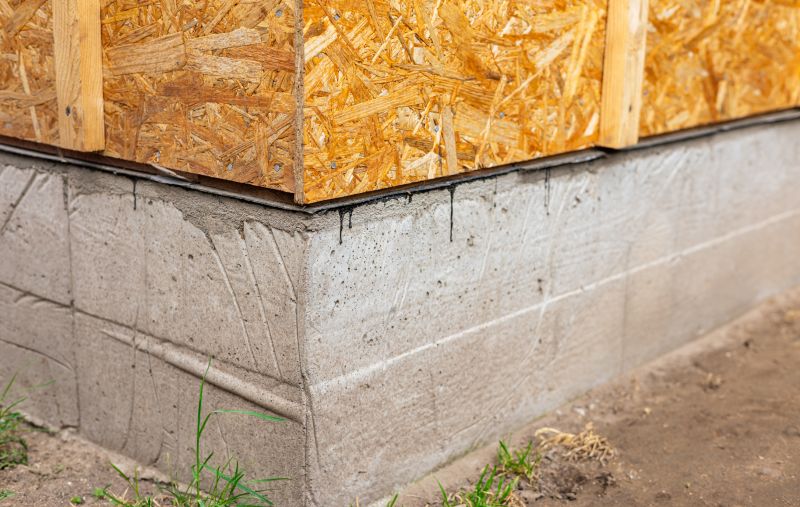
Simple add-ons that improve Foundation Repairs without blowing the budget.
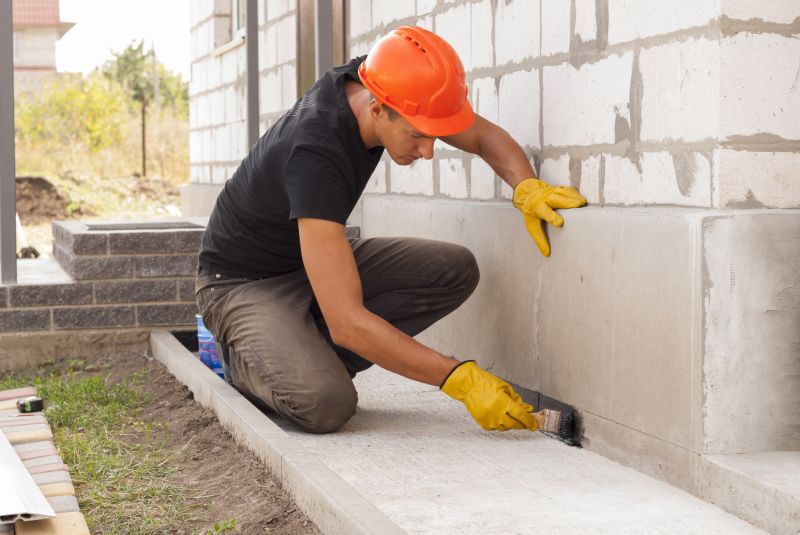
High-end options that actually feel worth it for Foundation Repairs.
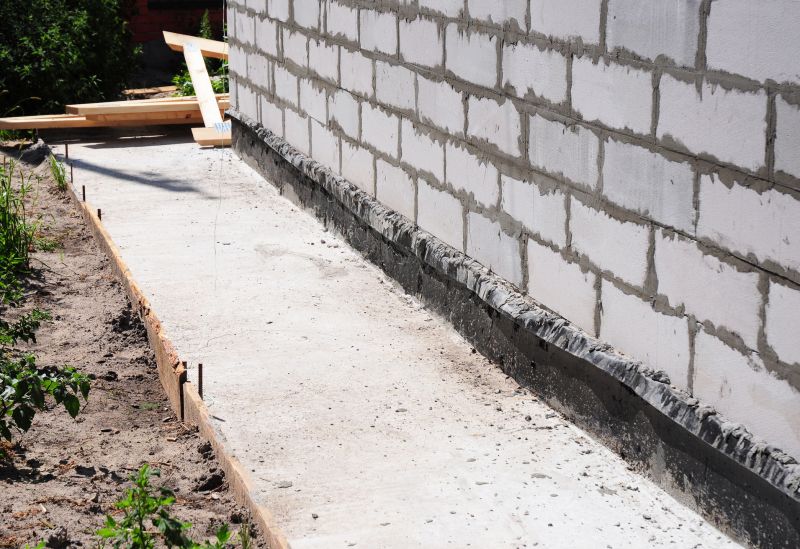
Finishes and colors that play nicely with Foundation Repairs.
Foundation repairs involve addressing structural issues caused by soil movement, settling, or shifting. Proper timing ensures that repairs are durable and less prone to future problems. Seasonal factors such as soil moisture, temperature, and weather conditions directly impact the effectiveness of repair methods.
Statistics indicate that foundation issues can affect up to 30% of homes in regions with expansive soils. Addressing these problems promptly and during optimal seasons can prevent costly damages and extensive repairs later. Planning repairs during periods of stable weather reduces the risk of delays and ensures a better outcome.
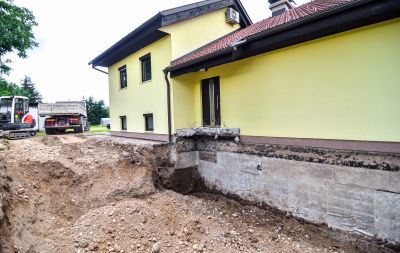
An overview of excavation, stabilization, and reinforcement techniques.
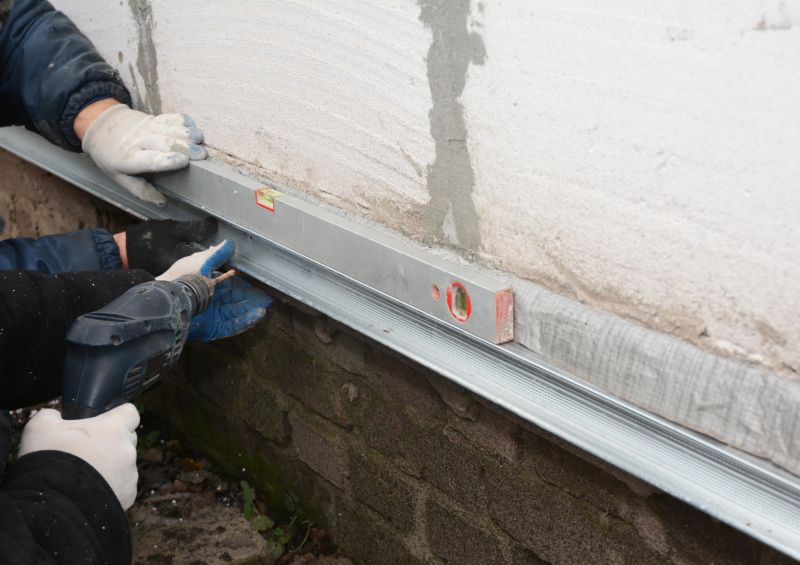
Methods used to improve soil conditions before repair work.
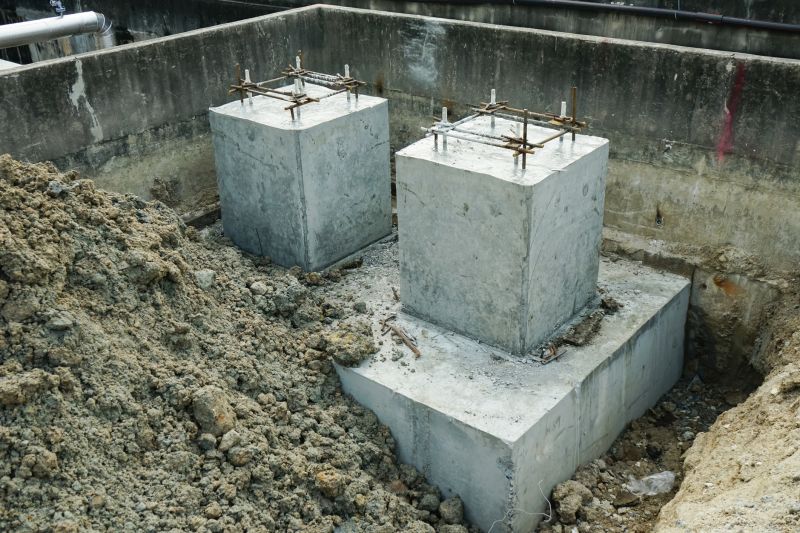
Adding supports and piers to strengthen foundations.
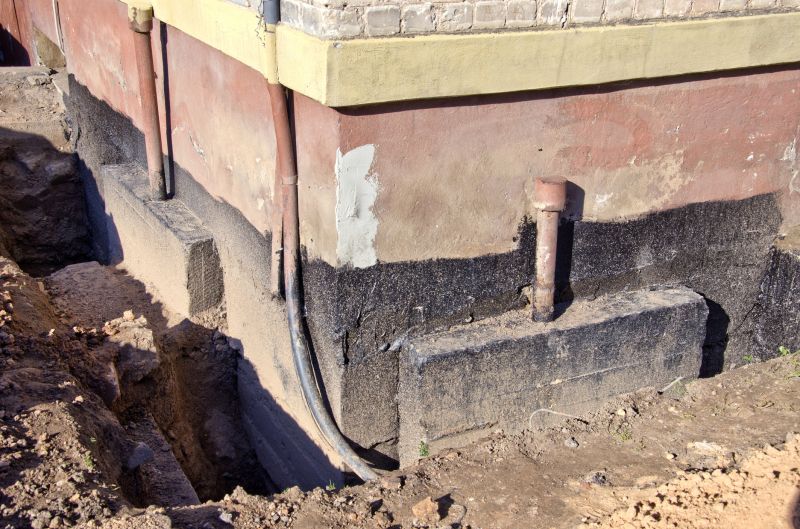
Ensuring repairs are effective and long-lasting.
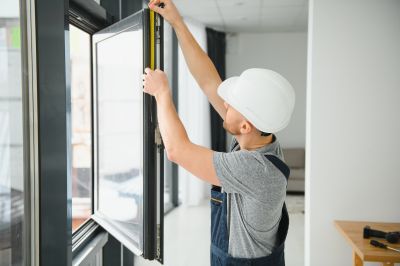
Little measurements that prevent headaches on Foundation Repairs day.
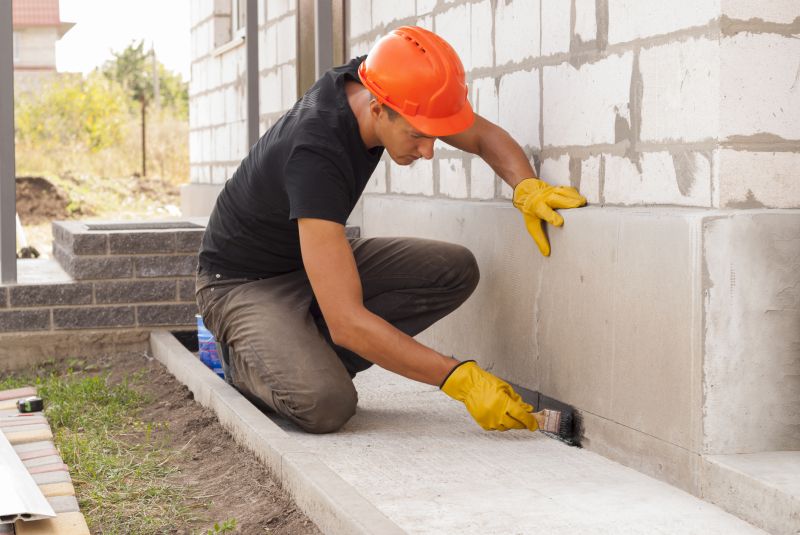
A 60-second routine that keeps Foundation Repairs looking new.
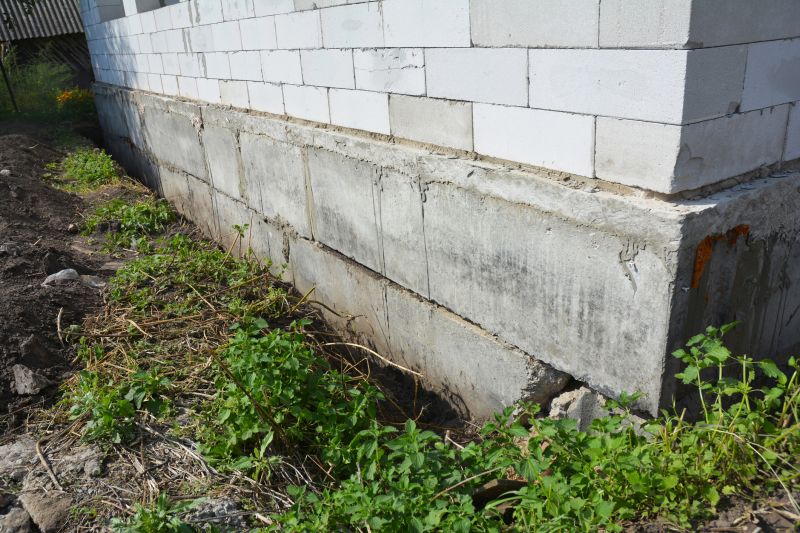
A frequent mistake in Foundation Repairs and how to dodge it.
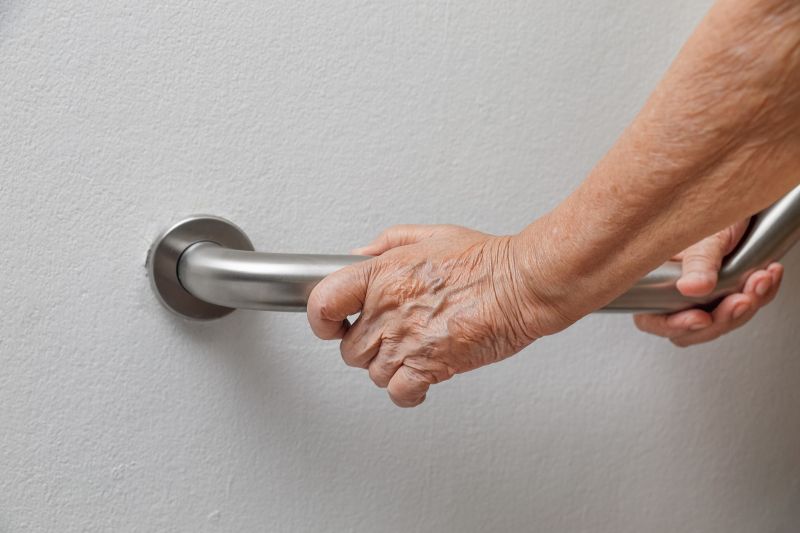
Small tweaks to make Foundation Repairs safer and easier to use.
| Season | Ideal Conditions |
|---|---|
| Spring | Moderate moisture, manageable weather |
| Summer | Dry, warm weather, stable soil |
| Fall | Cooler temperatures, optimal soil moisture |
| Winter | Freezing temperatures, snow, and ice |
Choosing the right time for foundation repairs can improve the durability and effectiveness of the work. Understanding seasonal soil and weather conditions helps in planning and executing repairs with minimal disruptions. Proper timing can also reduce costs and prevent future structural issues.

Preparation for excavation and stabilization work.
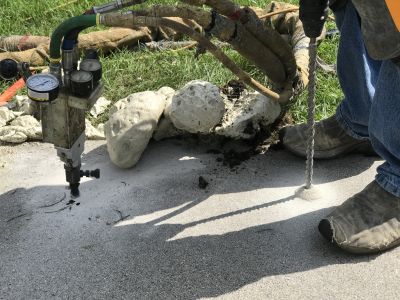
Tools and materials used to improve soil conditions.

Completed repairs with added supports.

Lower-waste or water-saving choices for Foundation Repairs.

The short, realistic tool list for quality Foundation Repairs.

Rough timing from prep to clean-up for Foundation Repairs.
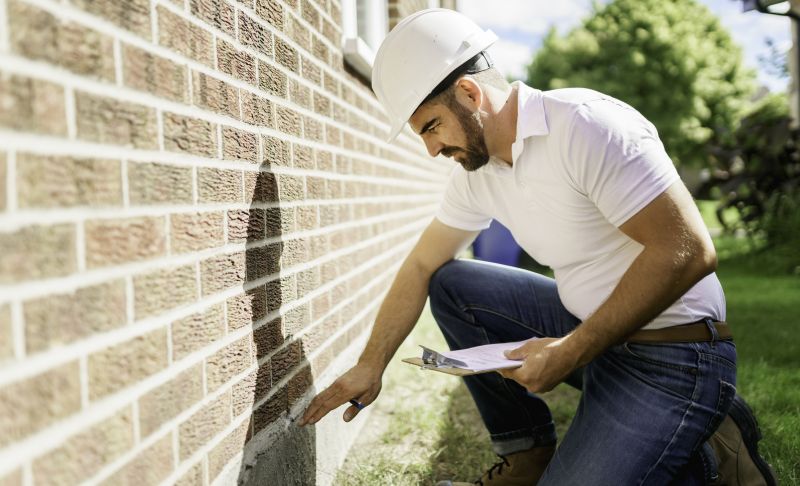
Quick checks and paperwork to keep after Foundation Repairs.

Examples that show the impact a good Foundation Repairs can make.
Interested in foundation repairs? Filling out the contact form can provide more information and help schedule an assessment during the most suitable season for durable results.



